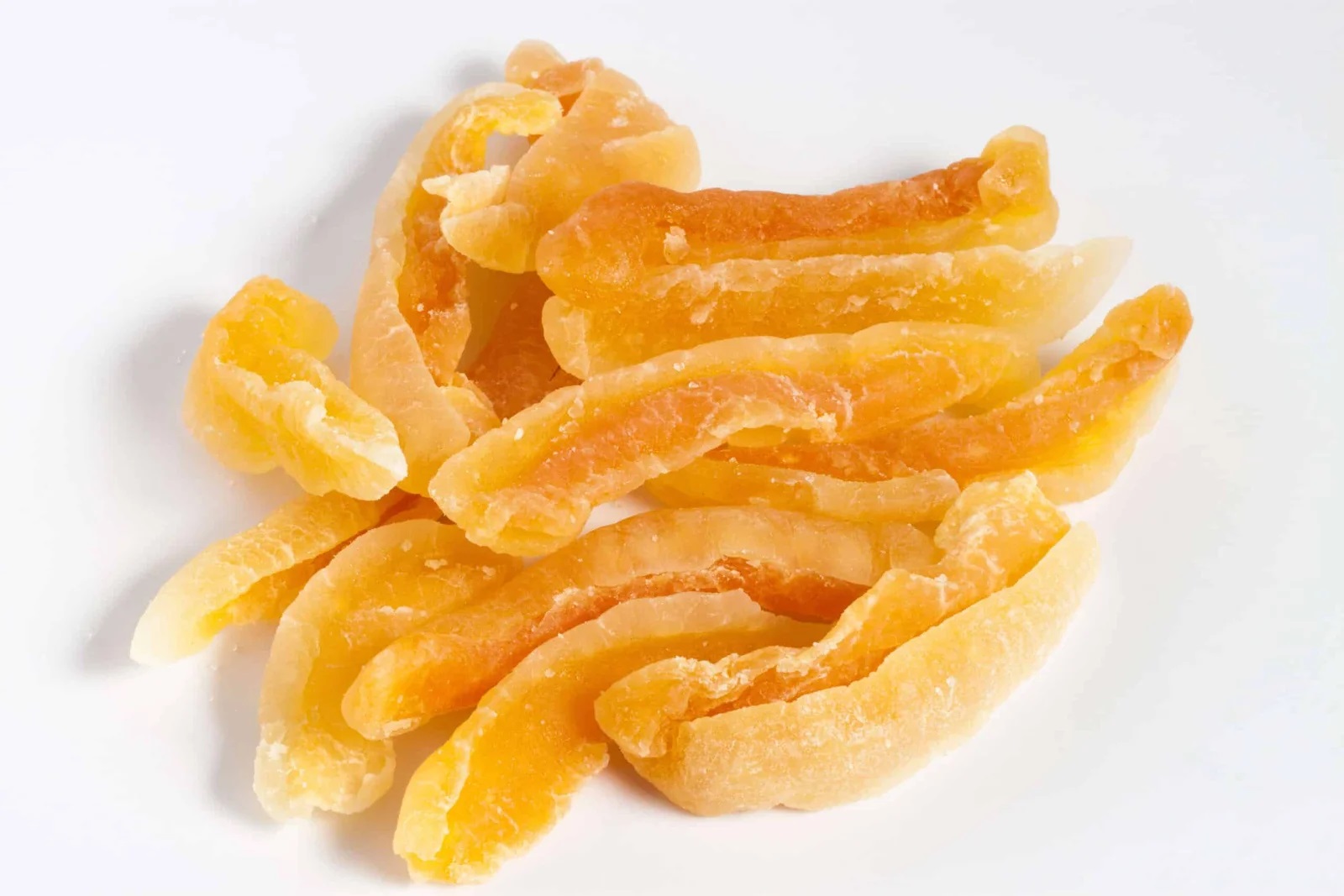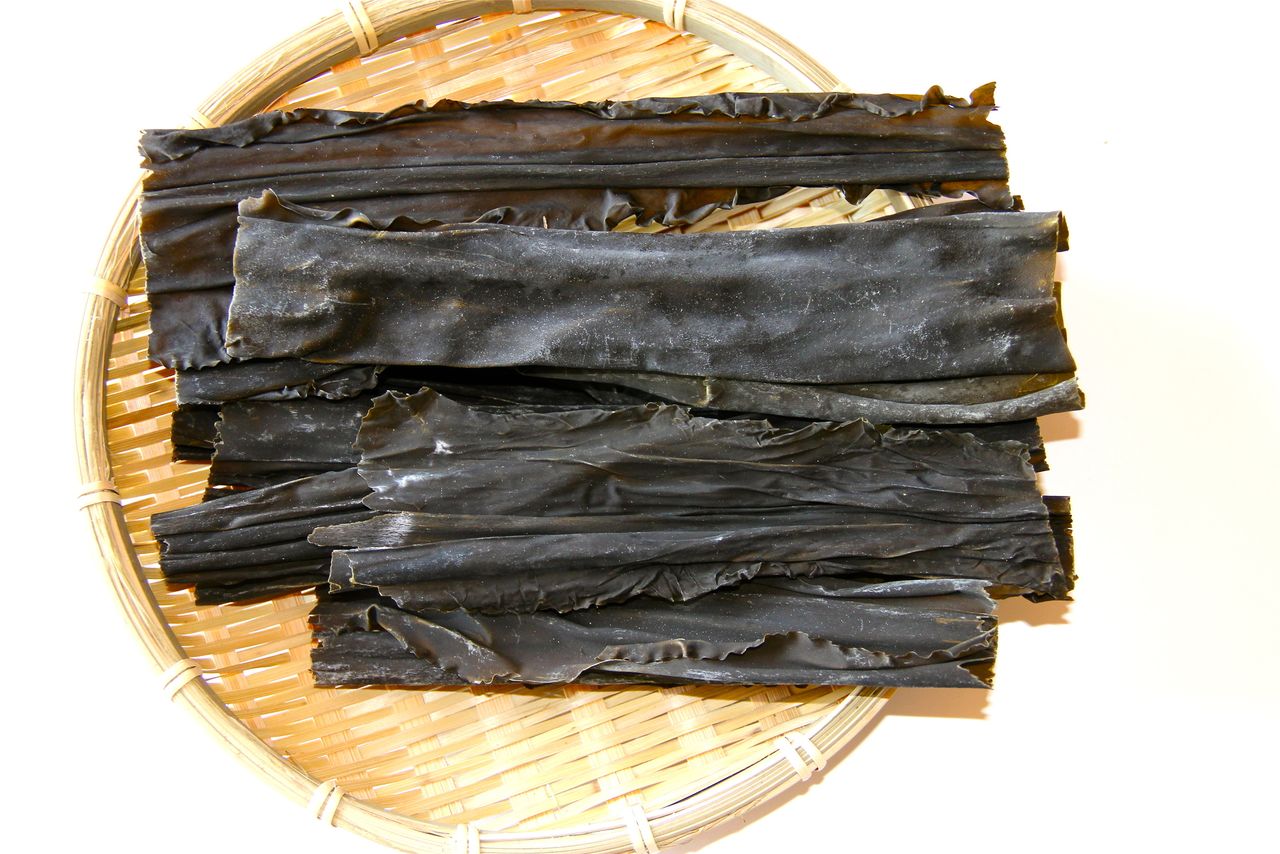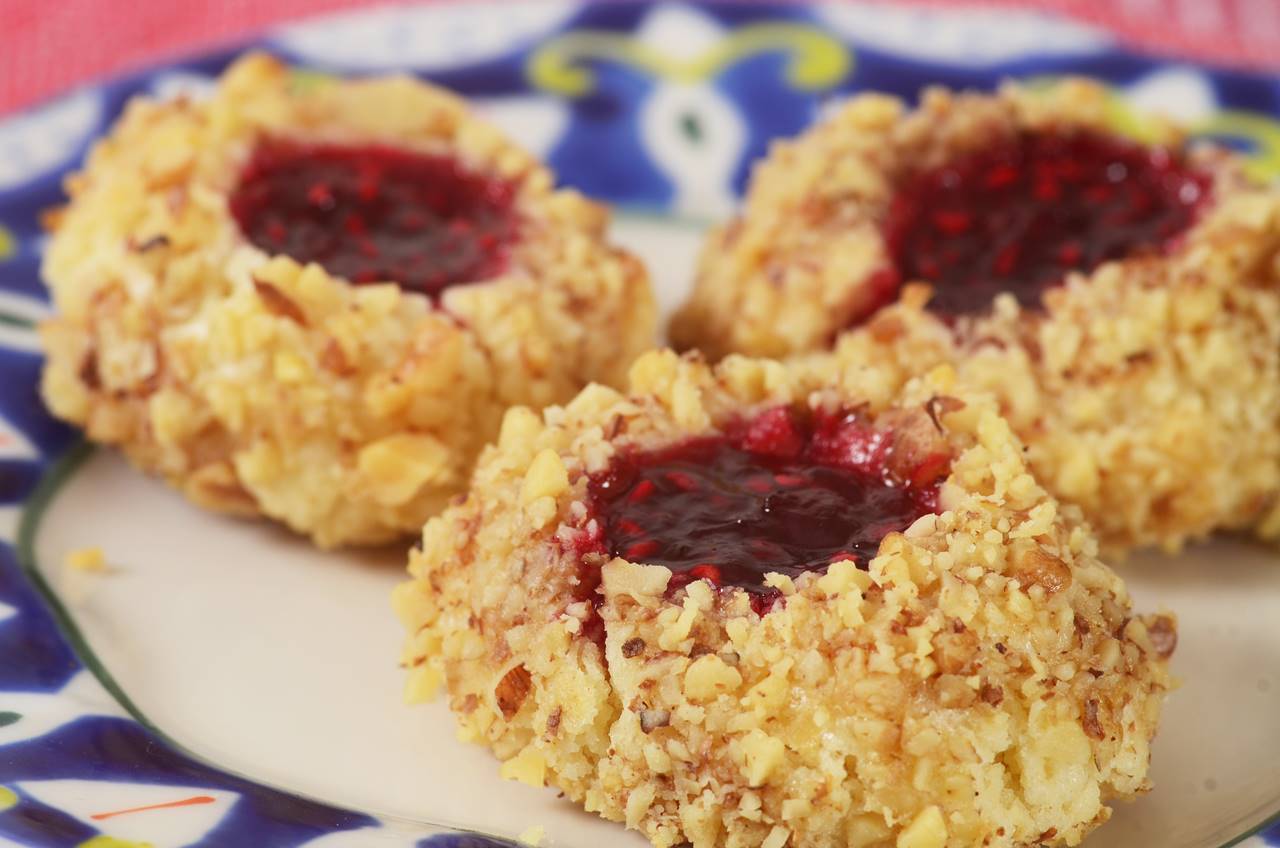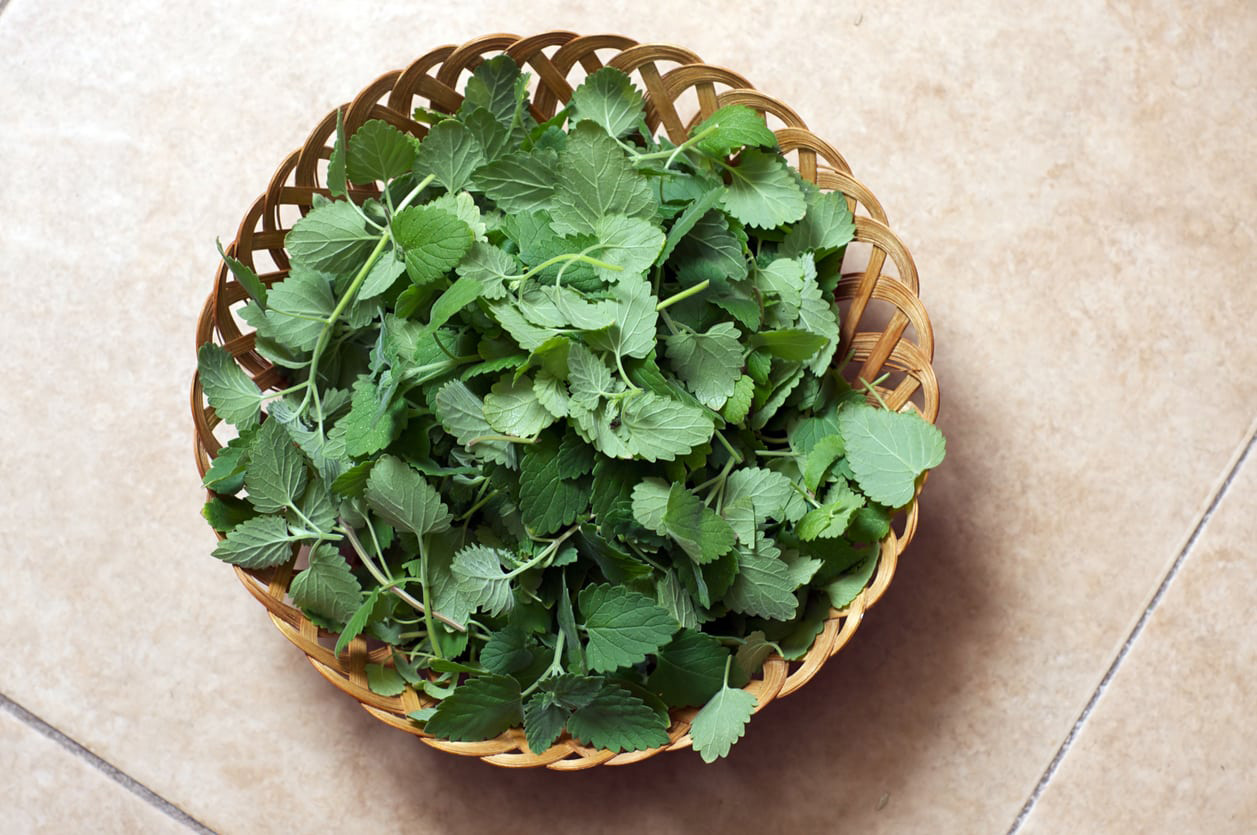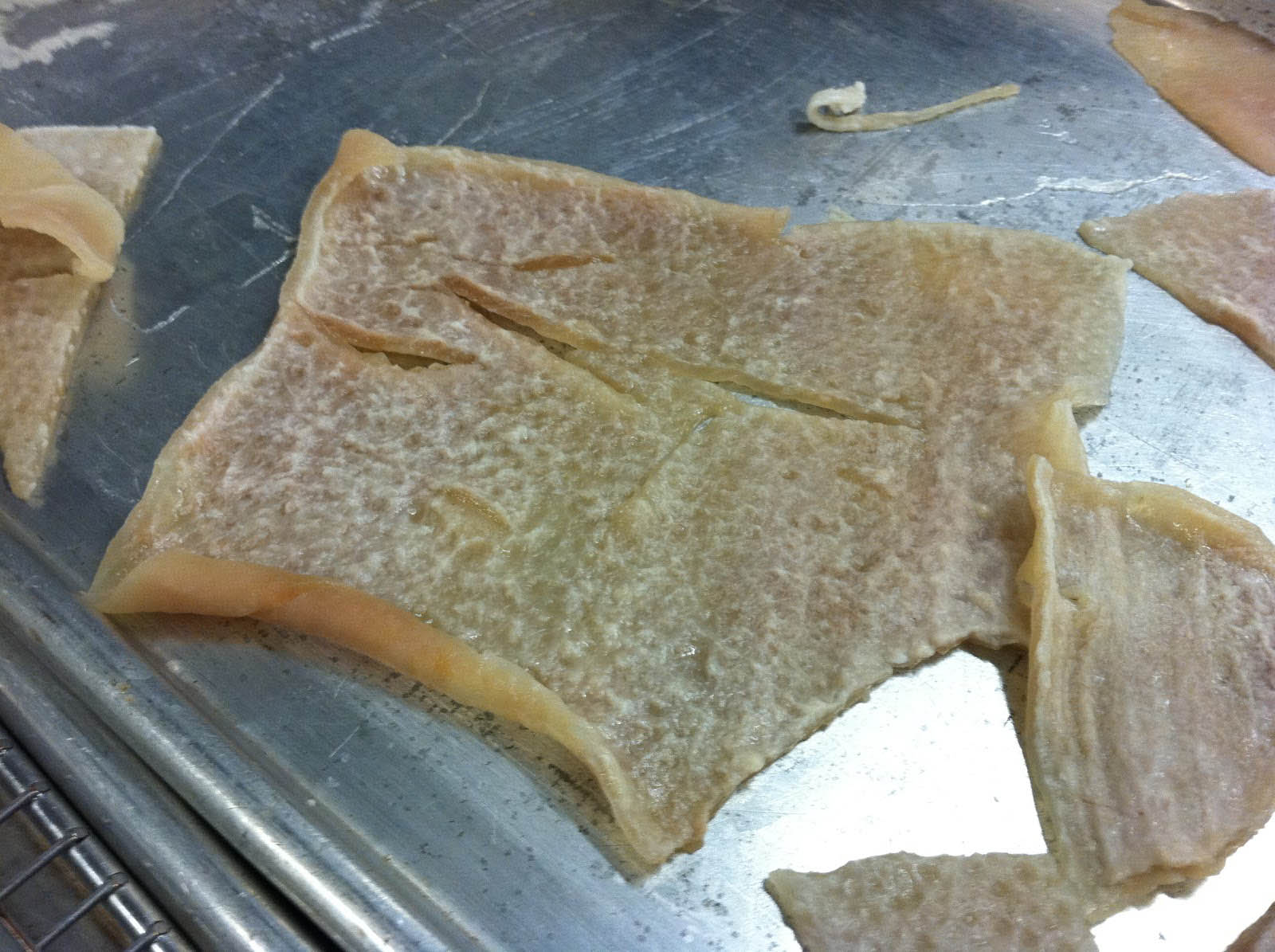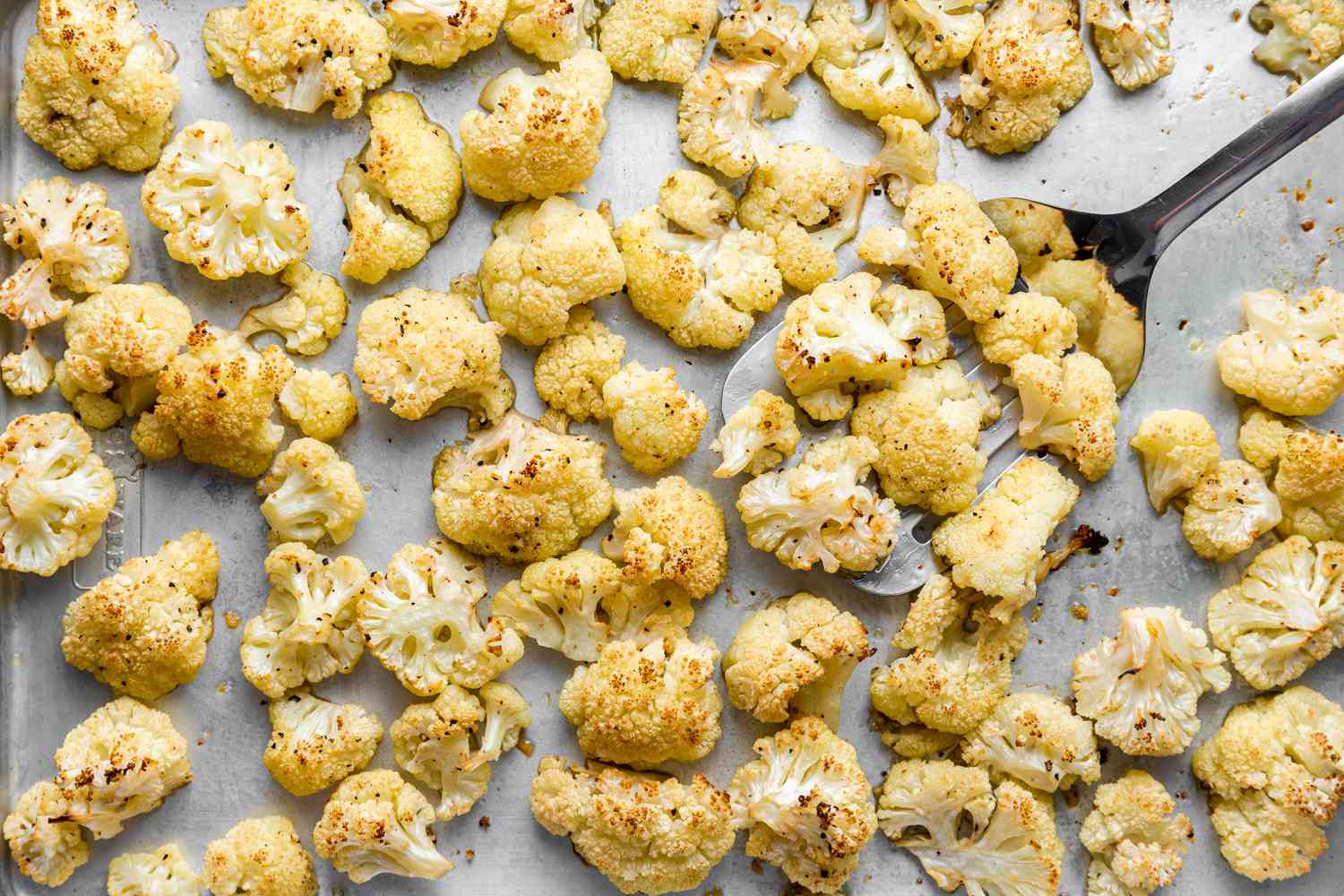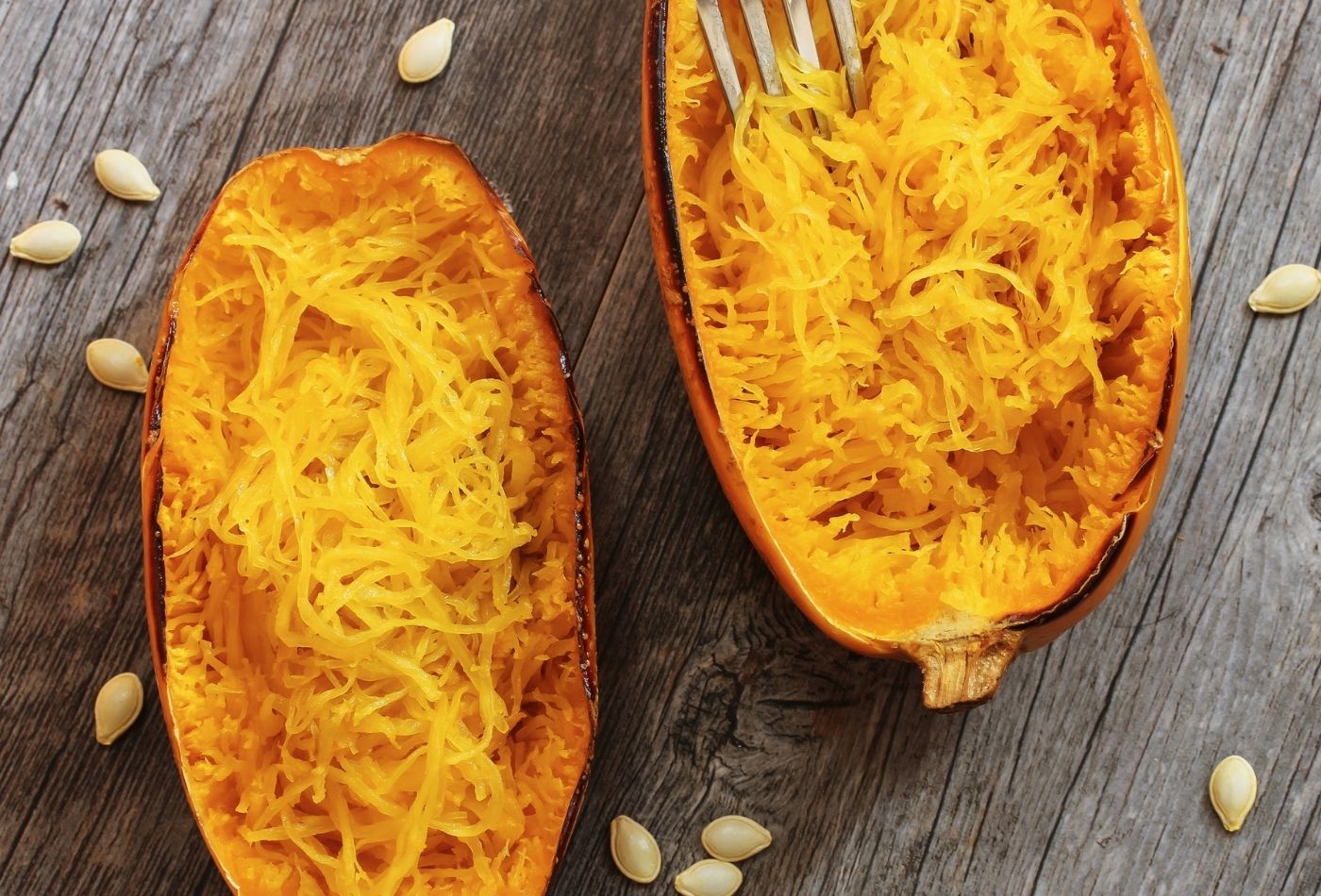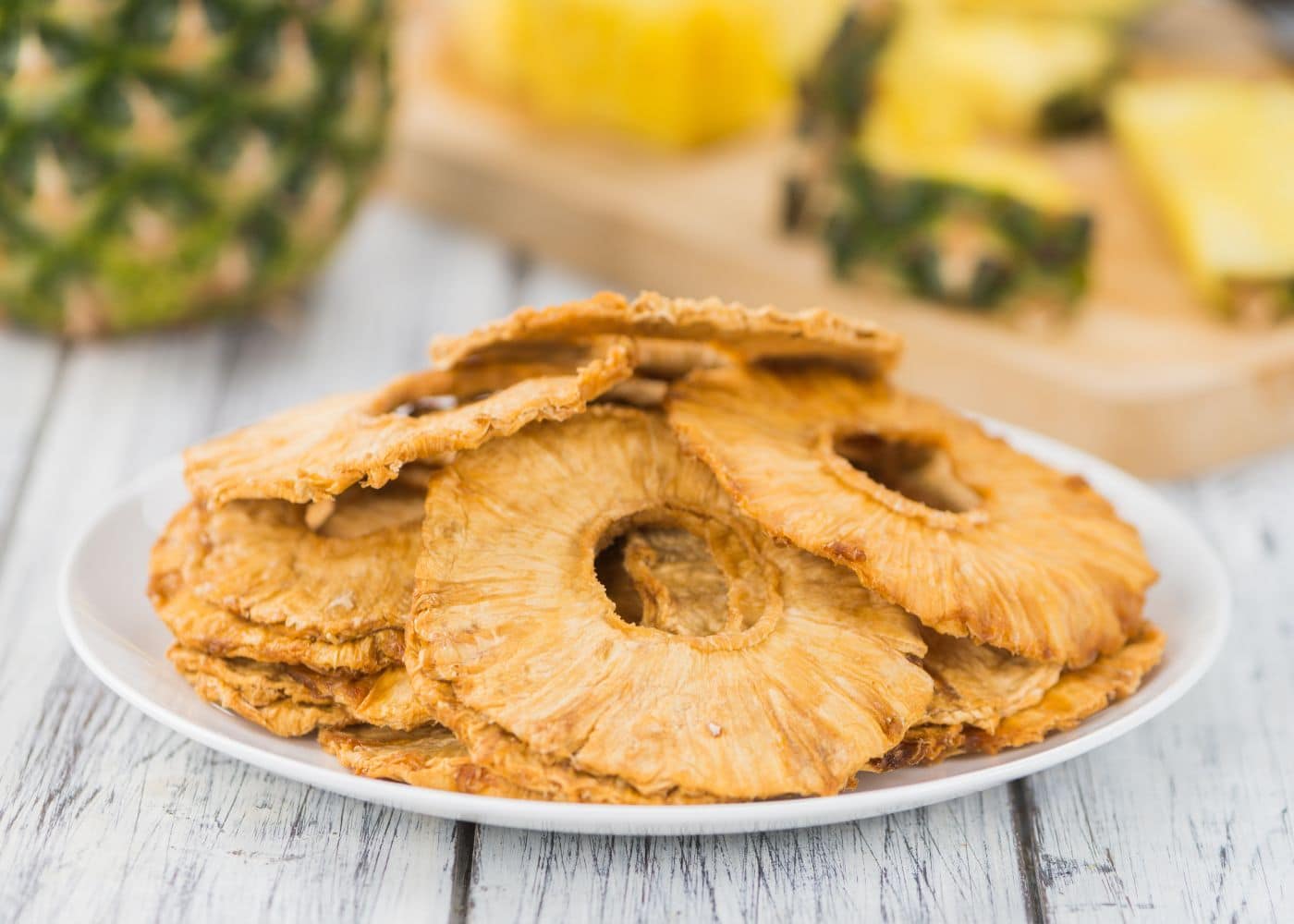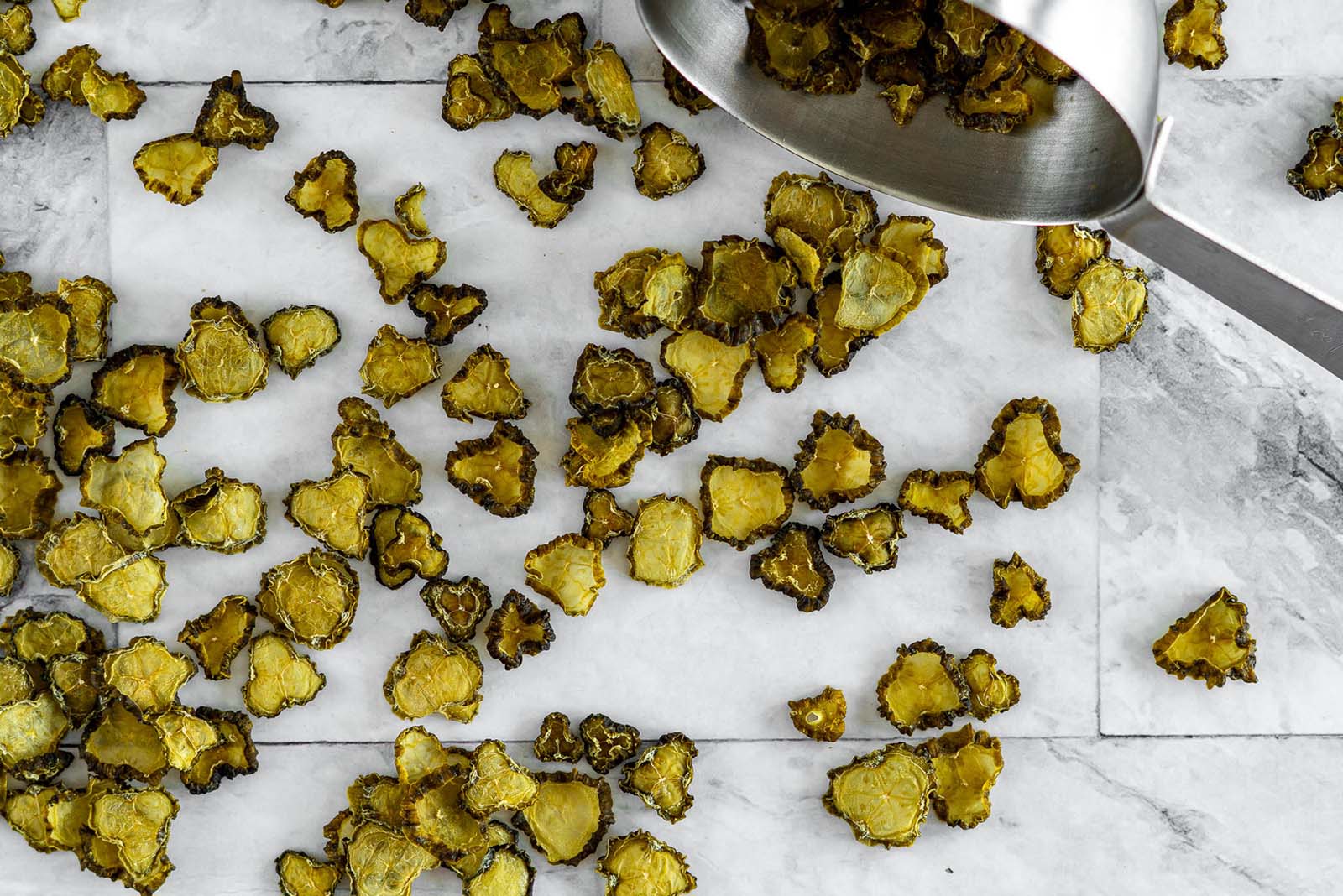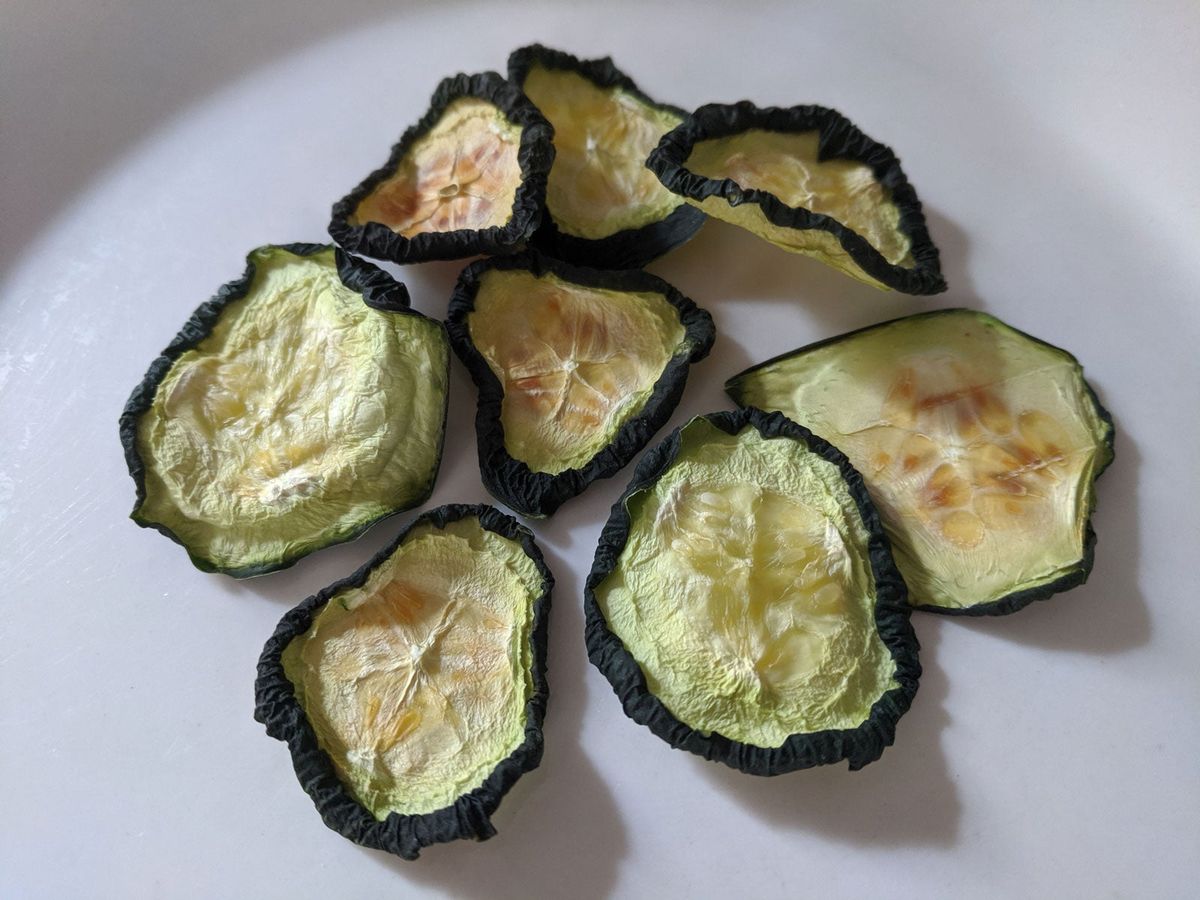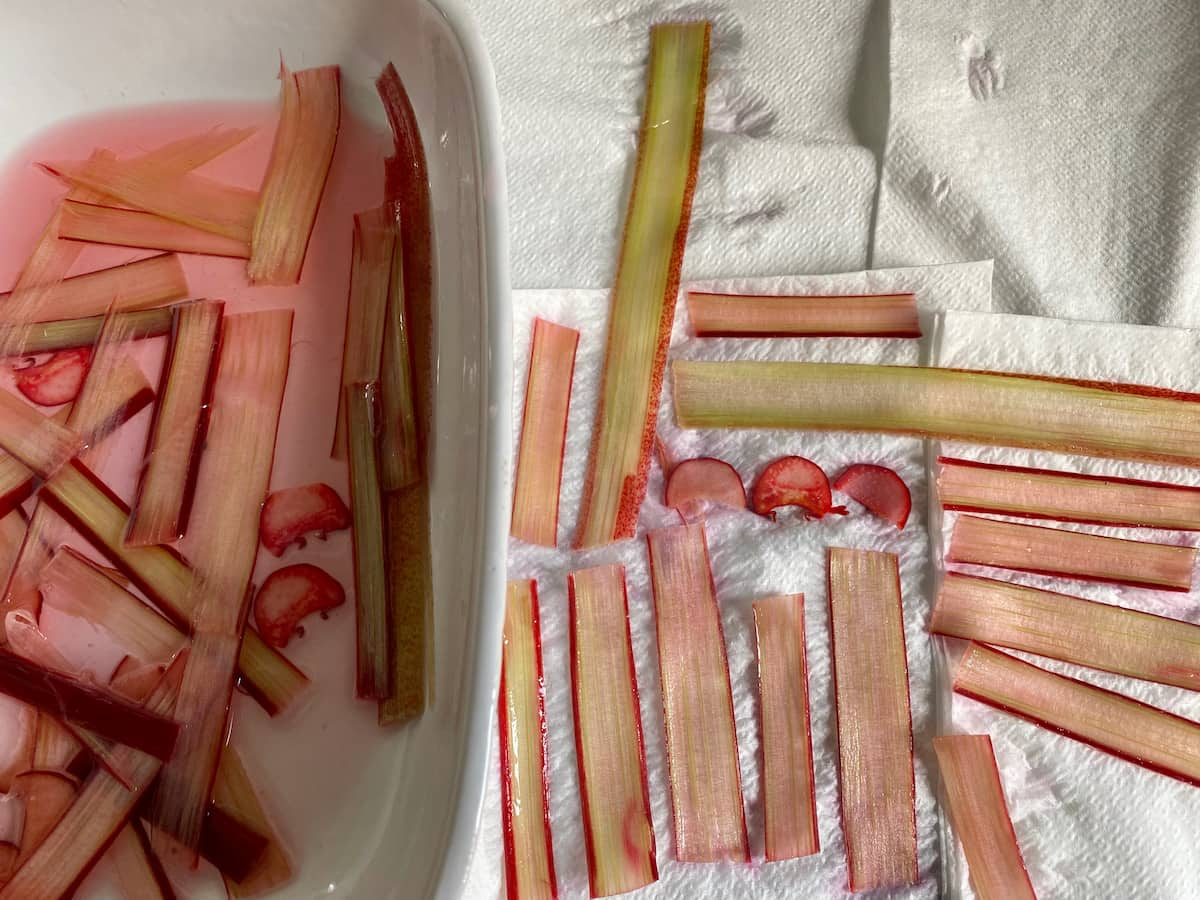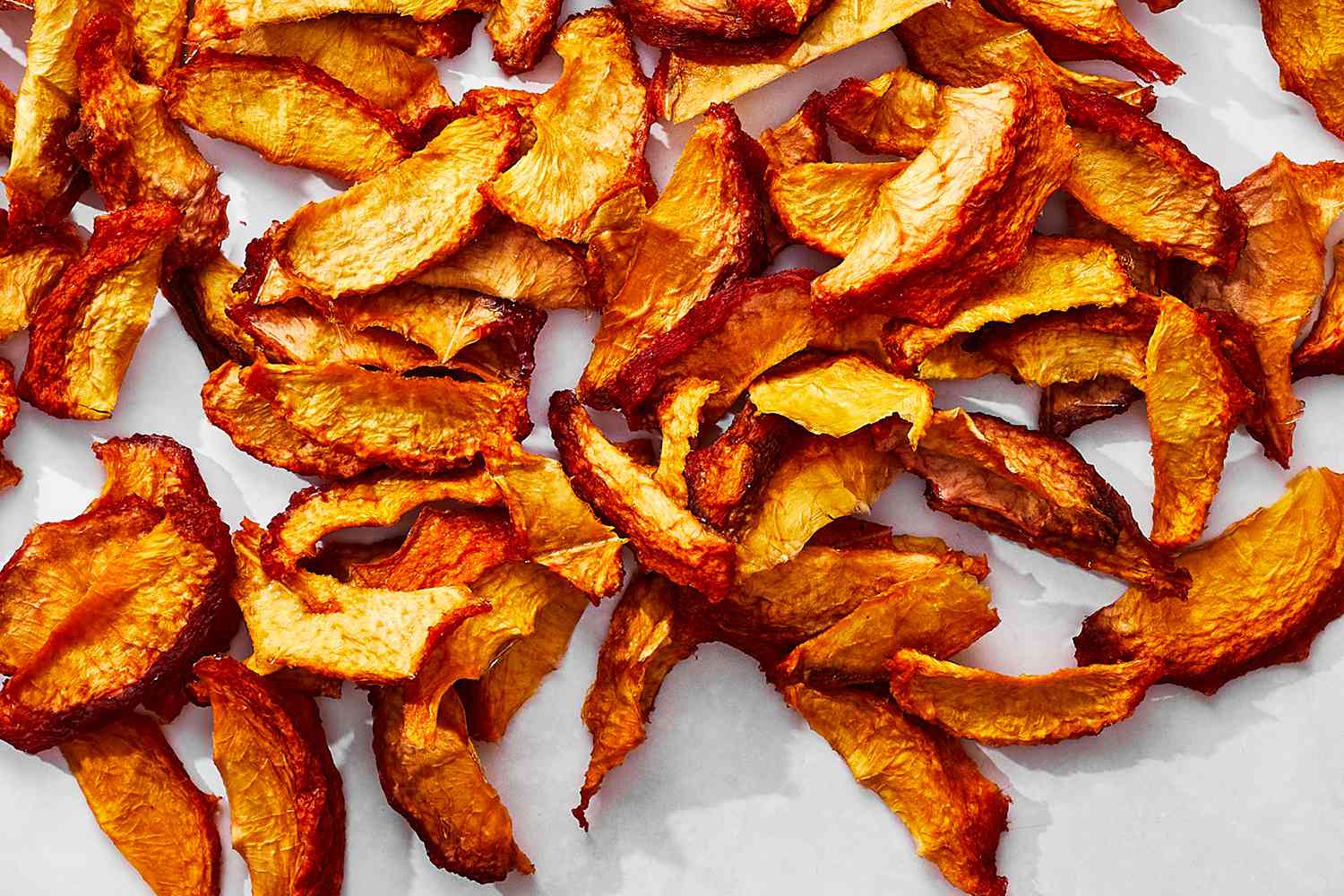Dehydrating Chives: A Step-by-Step Guide
Chives are a versatile and flavorful herb that can add a burst of freshness to a wide range of dishes. While they are readily available in the spring and summer months, you may want to preserve their flavor for use throughout the year. Dehydrating chives is a simple and effective way to do just that. In this guide, we’ll walk you through the process of dehydrating chives so that you can enjoy their delicious flavor all year round.
Step 1: Harvesting and Preparing the Chives
The first step in dehydrating chives is to harvest and prepare them. Here’s what you’ll need to do:
- Harvest fresh chives from your garden or purchase them from the store.
- Thoroughly wash the chives to remove any dirt or debris.
- Pick out any discolored or wilted chives and discard them.
- Pat the chives dry with a clean kitchen towel.
Step 2: Dehydrating the Chives
Once the chives are clean and dry, it’s time to start the dehydration process. Follow these steps to dehydrate your chives:
- Trim the chives into small, uniform pieces using a sharp knife or kitchen scissors.
- Spread the chive pieces in a single layer on a dehydrator tray.
- Set the dehydrator to a low temperature, around 95°F to 115°F (35°C to 46°C).
- Allow the chives to dehydrate for 6 to 8 hours, or until they are completely dry and brittle.
Alternatively, if you don’t have a dehydrator, you can also air-dry chives by tying them into small bundles and hanging them in a warm, dry place for about a week.
Step 3: Storing the Dehydrated Chives
Once the chives are fully dehydrated, it’s important to store them properly to maintain their flavor and freshness. Here’s how to store your dehydrated chives:
- Allow the dehydrated chives to cool to room temperature.
- Transfer the chives to an airtight container, such as a glass jar or airtight plastic bag.
- Store the container in a cool, dark place away from direct sunlight and moisture.
When stored properly, dehydrated chives can last for up to a year without losing their flavor.
Using Dehydrated Chives
Once you have dehydrated chives on hand, you can use them in a variety of ways to add flavor to your dishes. Here are a few ideas:
- Add dehydrated chives to soups, stews, and casseroles for a pop of flavor.
- Sprinkle dehydrated chives over scrambled eggs or omelets for a savory twist.
- Blend dehydrated chives into homemade spice blends or seasoning mixes.
- Use dehydrated chives as a garnish for dips, spreads, and salads.
With these simple steps, you can easily dehydrate chives to enjoy their fresh flavor all year long. Whether you have a bountiful chive harvest from your garden or want to take advantage of store-bought chives, dehydrating them is a great way to preserve their flavor and enhance your culinary creations.
Was this page helpful?
Read Next: How To Dehydrate Fish For Dogs
